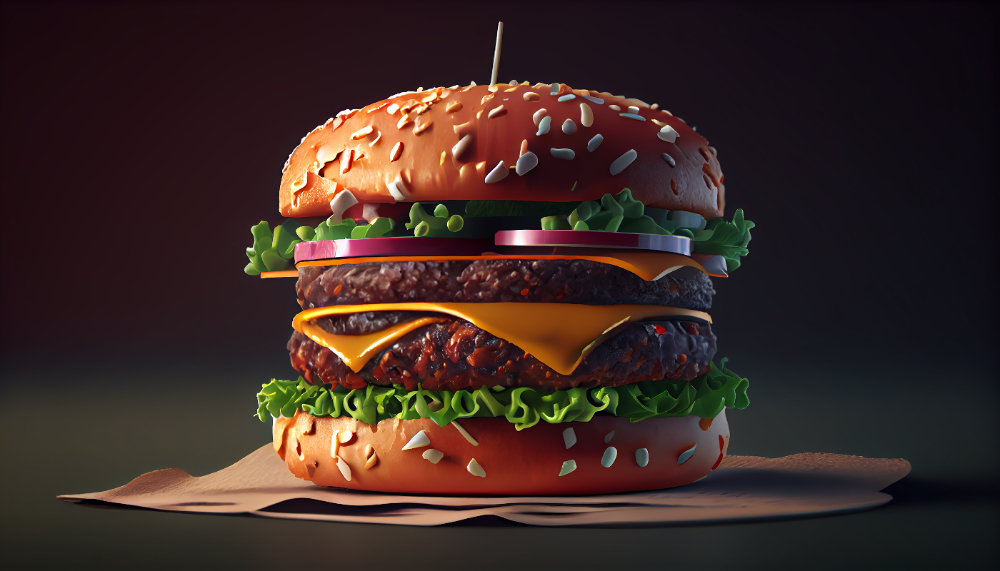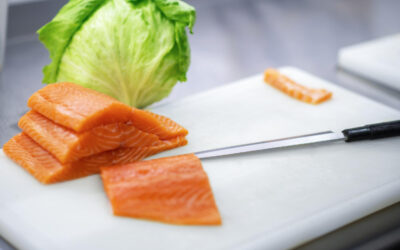Cocuus is developing the Nutri+ R&D technology, a project that creates food for people with swallowing difficulties. This issue affects one in every four elderly people in Spain.
A gesture that might seem as simple as drinking a soda or eating a tortilla pincho is extremely complex (or even impossible) for some people. Dysphagia is the difficulty in swallowing. It is estimated to affect one in every four elderly people, although it can occur at any age and in various circumstances: after having suffered a stroke, following surgery, in cancer patients… and even in children with Down syndrome.
“There are people condemned to eat purees for the rest of their lives, and this inevitably makes them lose interest in food. We’ve realized that many elderly people, when they reach this point, begin to fade away little by little,” said Patxi Larumbe, a businessman from Navarra who is participating in a hopeful project: through a 3D printer, they create foods that can be consumed by these individuals, from hamburgers to chicken, hake, pineapple, or kiwi. The secret? They are actually purees.
“They smell, taste, and look exactly like these foods, but they are purees adapted for dysphagia. Once introduced into the mouth, they dissolve,” explained Patxi. Under the label of Nutri+ R&D, this project involves several companies, social healthcare centers, and agents from the Navarra innovation system Sinai. It is still in the development phase, but they hope to soon have it available in supermarkets: “We are already starting to plan commercialization and establishing conversations with supermarkets. Hospitals and nursing homes will be supplied through the Horeca distribution channel (hotels, restaurants, and cafes).”
Patxi Larumbe contributes the technological part. He is one of the four founders of Cocuus, a company that designs and manufactures machinery for creating food based on alternative proteins (from plant sources, mycelium, etc.). The most remarkable part is that these foods smell, taste, and look exactly like those from animal sources: beef steaks, bacon, squid rings… “Our tuna is indistinguishable from tuna, our bacon is indistinguishable from bacon, and our foie is indistinguishable from foie. In blind tastings, experts can’t tell the difference.”
Cocuus won the Santander X Global Challenge / Food for the Future, a global challenge promoted by the bank to support innovation in food technology.
The company was founded in 2017 by a team of physicists, mathematicians, geometers, mechatronics engineers, and roboticists. They started by developing printers for bars, restaurants, and catering services. Now they work with and are invested in by major global corporations like the American multinational Cargill. “We have fully completed bacon and meat printing technology, which prints hybrid steaks with vegetable fat. Now we’re focusing on printing salmon and octopus.”
This technology helped them win the Santander X Global Challenge / Food for the Future last year, a global challenge designed to support innovation in food technology and create lasting socioeconomic impact worldwide. “It’s a competition where disruptive technologies are awarded. Banco Santander has been a great help to us on this journey and continues to do so. In fact, it is currently leading the search for funds for our new investment round.” The bank has Santander X, its global entrepreneurship initiative to support SMEs, startups, scale-ups, and entrepreneurial projects in 11 countries.
Technologies to reduce the carbon footprint:
“We decided to embark on this project because we are fully convinced that it is the future,” says Patxi. The truth is that big figures like Elon Musk or Bill Gates are already investing in such technologies. The latter has emphasized several times the importance of reducing the consumption of meat and dairy products of animal origin to minimize the carbon footprint. He is currently investing in a project from the Californian startup Savor that aims to replace cows and create butter from CO2, among other things. “The big global food companies say there won’t be enough proteins for everyone by 2050. It’s becoming increasingly difficult to have a farm with 50,000 pigs, for example, because they won’t allow you to put it anywhere.” Patxi believes that very soon, we will see these foods becoming normalized in supermarkets and restaurants: “The world’s food giants are embarking on the journey to research, alongside technological companies like ours, the food of the future. What my 14-year-old daughter will consume when she is 30 will be nothing like what we consume today. Young people demand respect for the environment and animals, and that’s what we’re trying to achieve.”






0 Comments